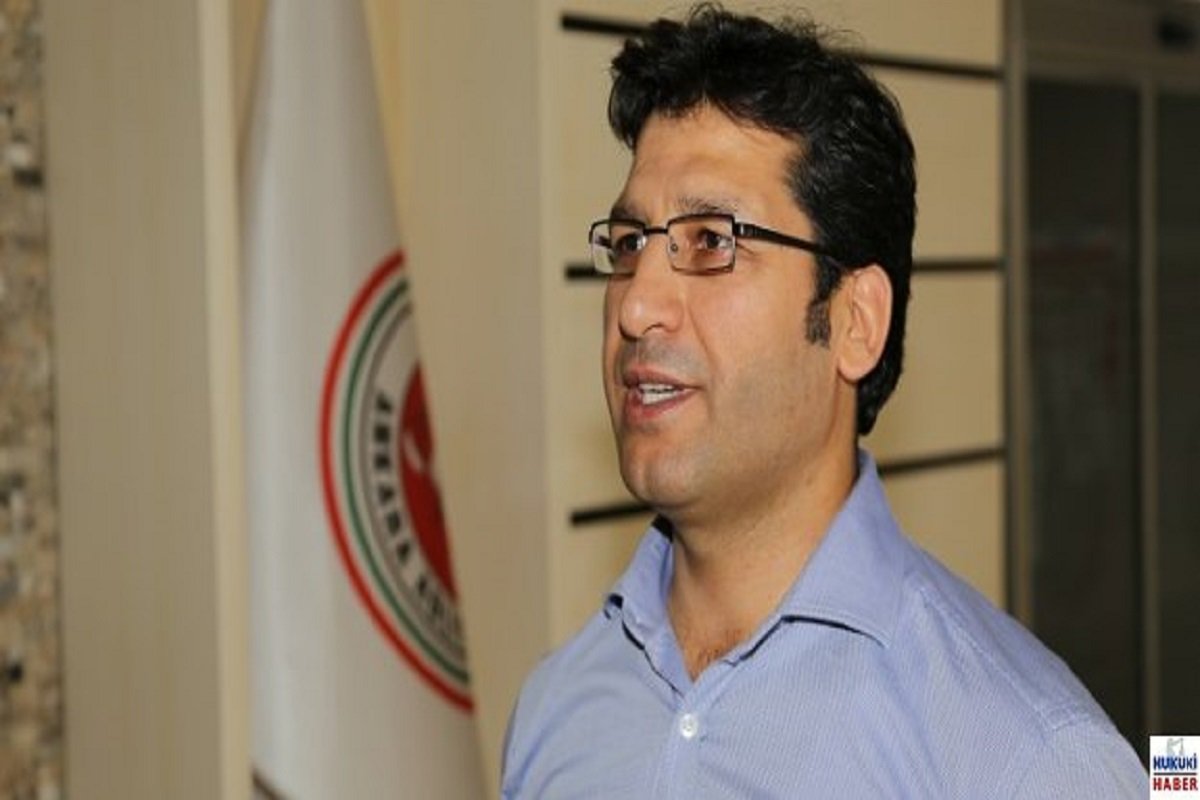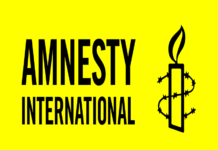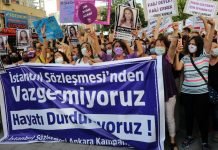The Turkish government allocated 556 million lira (58 million euros) in the first quarter of 2021 for the construction of six new prisons, which will significantly increase Turkey’s already high incarceration rate.
According to Deutsche Welle (DW) Turkish service report, new penal institutions will be built in Antalya (Akseki), Giresun, Siirt, Tunceli, Kütahya and Adıyaman provinces
The Council of Europe’s recent annual report revealed that Turkey had the highest incarceration rate of the 47 Council of Europe (CoE) countries in 2020, with 357 prisoners per 100,000 inhabitants.
According to the CoE report Turkey’s prison population rate has increased 115.3 percent in the last 10 years, and it had the most crowded prisons in Europe with 127 inmates per 100 available places on January 31, 2020.
There are 297,019 inmates in Turkish penal institutions despite the fact that their capacity is 233,194.
Out of 30,524 prisoners convicted on terrorism charges in CoE member states, 29,827 are in Turkey, the CoE report said.
There has been a record rise in the number of prisons constructed as well as the number of people who were put behind bars during the rule of the Justice and Development Party (AKP), main opposition Republican People’s Party (CHP) deputy Abdüllatif Şener earlier said.
Accusing the ruling AKP of building as many prisons since it first came to power in 2002 as were built from the founding of the Turkish Republic until then, Şener said: “There is not a single year in which you failed to build a prison, and you have constructed 141 prisons since 2014 alone.”
Şener said 14 prisons were constructed in 2014, 18 in 2015, 38 in 2016, 12 in 2017, 15 in 2018, 26 in 2019 and 18 in 2020, adding that 39 more prisons will be inaugurated next year. With the new prisons, the number of prisons constructed over the past eight years will have risen to 180.
There are currently 355 prisons in Turkey, he said.
Mass detentions and arrests have been taking place in Turkey since a coup attempt in July 2016. The AKP government accuses the faith-based Gülen movement of masterminding the failed coup, although the movement strongly denies any involvement in the abortive putsch.
Critics accuse Turkish President Recep Tayyip Erdoğan, who embarked on the massive crackdown on the opposition after the coup attempt, of using the incident as a pretext to quash dissent.
Human Rights Watch says people alleged to have links to the Gülen movement is the largest group targeted by Erdoğan.
According to a statement from Interior Minister Süleyman Soylu on February 20, a total of 622,646 people have been the subject of investigation and 301,932 have been detained, while 96,000 others have been jailed due to alleged links to the Gülen movement since the failed coup. The minister said there are currently 25,467 people in Turkey’s prisons who were jailed on alleged links to the Gülen movement.
















